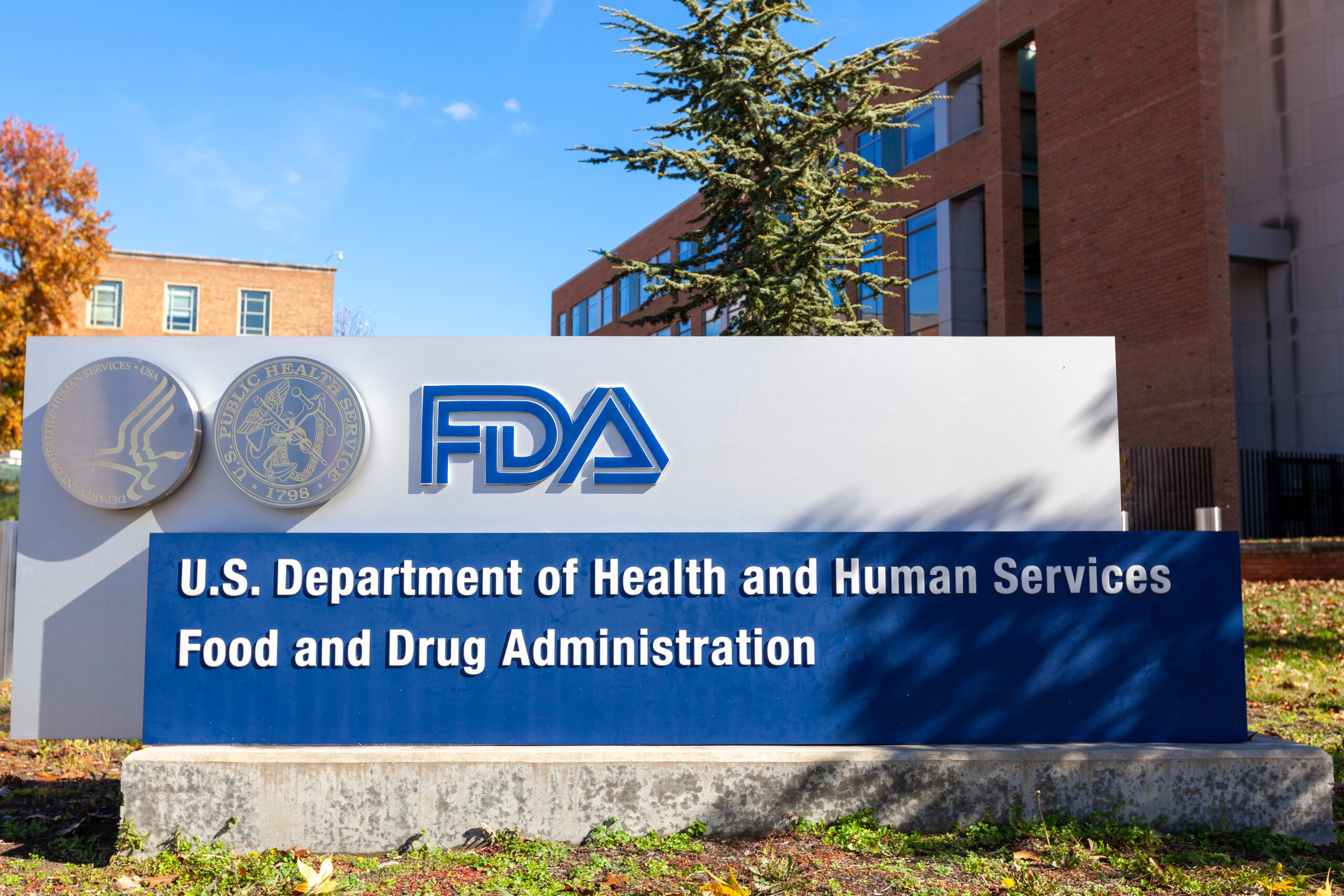An experimental asthma medication developed by Novartis has shown promising results in a recent small investigational study. The results – which were published in the journal, The Lancet Respiratory Medicine – suggest that the drug could lower inflammatory biomarkers more effectively when compared to the placebo.
The trial involved 61 patients who were randomly assigned to receive the experimental drug, called fevipiprant, or a placebo. The drug is a prostaglandin D2 receptor 2 antagonist, and was successful at significantly reducing the eosinophil count in those with moderate to severe asthma.
The oral drug is a departure from traditional asthma inhalers, in which the medication is delivered directly into the lungs. According to Reuters, the Swiss drugmaker hopes to file for regulatory approval in 2019.
To meet that goal, Novartis will need to conduct further studies involving more patients in order to prove the efficacy of fevipiprant. If approved, the drug could be the first new oral treatment for asthma since the 1950s.
By the year 2020, the US market for asthma drugs is expected to reach $14 billion, according to GBI Research. In 2013, the market was worth $11.7 billion.
While pharma giants GlaxoSmithKline, Merck and AstraZeneca are all major players in the asthma space, Novartis is hoping to gain market share with fevipiprant. As much of the R&D into new asthma therapies has focused on inhaled drugs, most of the top-selling medications for the respiratory condition utilize that form of drug delivery.
The current study was conducted at Glenfield Hospital in Leicester, UK. Fevipiprant was described as having a good safety profile, with no serious adverse events reported.












Join or login to leave a comment
JOIN LOGIN